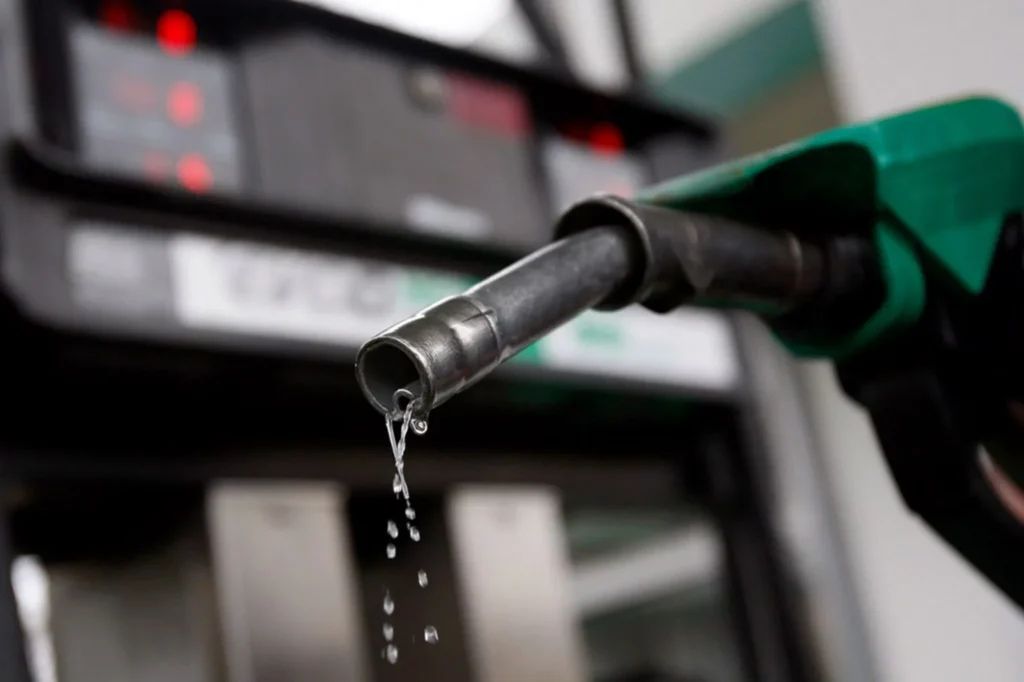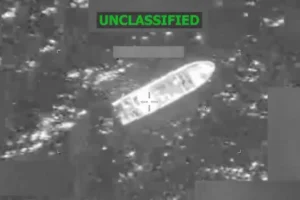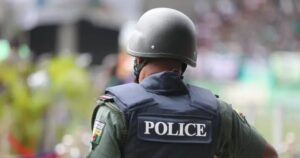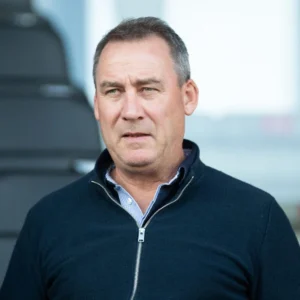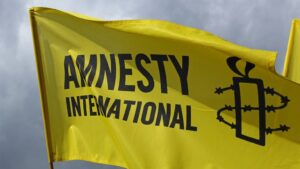The current fuel shortage in Abuja, Nasarawa, and other states, according to Billy Gillis-Harry, President of the Petroleum Products Retail Outlets Owners Association (PETROAN), is caused by the Nigerian National Petroleum Company Limited’s (NNPCL) lack of gasoline supply.
On Saturday, Gillis-Harry spoke on the resurgence of petrol lines in Nigeria in an exclusive interview. He observed that there were lengthy lines at the NNPCL retail filling station on the Kubwa Expressway on Friday, much as at Ranoil in Gwarimpa. Most gas stations along the Airport Road, Lugbe, and Kubwa Expressway were completely empty by Saturday am.
Gillis-Harry related his own experience of not being able to find fuel at several gas stations he visited. He underlined that fuel marketers are unable to choose pricing on their own because they don’t import the product; they sell it at the price they buy it for.
He said,
“Yesterday (Friday), I went to over fifteen filling stations in Abuja, including NNPCL retail outlets, but there is no product. If they say they increase prices, it is their own thing. You sell according to how much you buy the product.
“We don’t have the product, that is the reason for the scarcity. We cannot fix a price because we don’t import the product; it is NNPCL that is the sole importer.
When asked if the upcoming fuel supply from the Dangote refinery in mid-July 2024 is causing the scarcity, he clarified that the refinery hasn’t started supplying fuel yet, not even diesel. He acknowledged the challenge Dangote is facing in meeting the deadline but stressed that NNPCL should not stop its imports in anticipation of Dangote’s supply.
“The issue is that there is a supply challenge with NNPCL. NNPCL has just a few filling stations. PETROAN and other stakeholders have several across the country. It is critical to ensure that all major stakeholders are aware of the things happening in the sector to avoid situations like this.
“We should ask NNPCL to up their game to halt the supply challenge,”
The real issue is that PETROAN members and other marketers don’t have the product to sell. This situation is further highlighted by the National Bureau of Statistics’ recent report, showing the average petrol price per liter rising to N769.62 in May 2024. This follows the fuel subsidy removal in June of the previous year, which caused pump prices to jump from around N238.11 to about N700 per liter.
